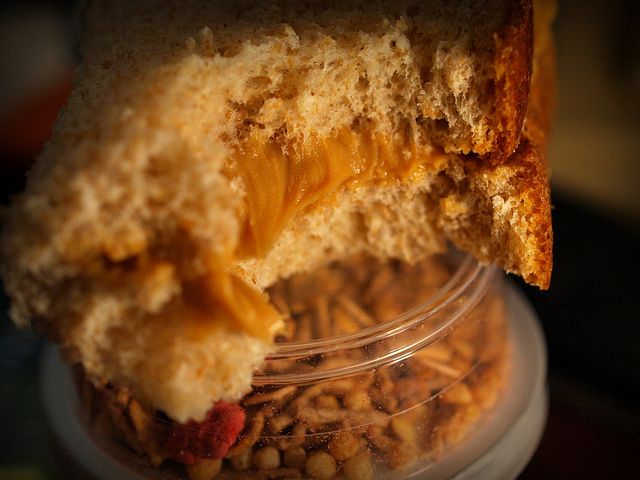What Causes Constipation? 6 Surprising Foods That Can Back You Up

The embarrassing sounds that echo from your mouth, your stomach, and even your ahem — rear end — are trying to tell you something: you’re backed up. A low fiber diet contributes to poor bowel movements or painful stools, meaning what you feed your body plays a significant role when it comes to constipation. Although when you got to go, you got to go, sometimes your body won’t let you, and it leads to mucking up your digestive system.
Approximately 15 percent of Americans have constipation, according to the National Digestive Diseases Clearinghouse, affecting most often women, adults ages 65 and older, non-Caucasians, and those in lower socioeconomic classes. Eating fiber, at least 38 grams per day for men and 25 grams per day for women, can help regulate your metabolism and promote good digestion activity. However, this doesn’t mean adding this amount of grams to your diet will prevent bloating and cramping. It’s better to gain gut sense and tackle constipation through monitoring your food consumption.
Click "View Gallery" to see which surprising foods cause constipation, to protect your digestive health.

Published by Medicaldaily.com



























